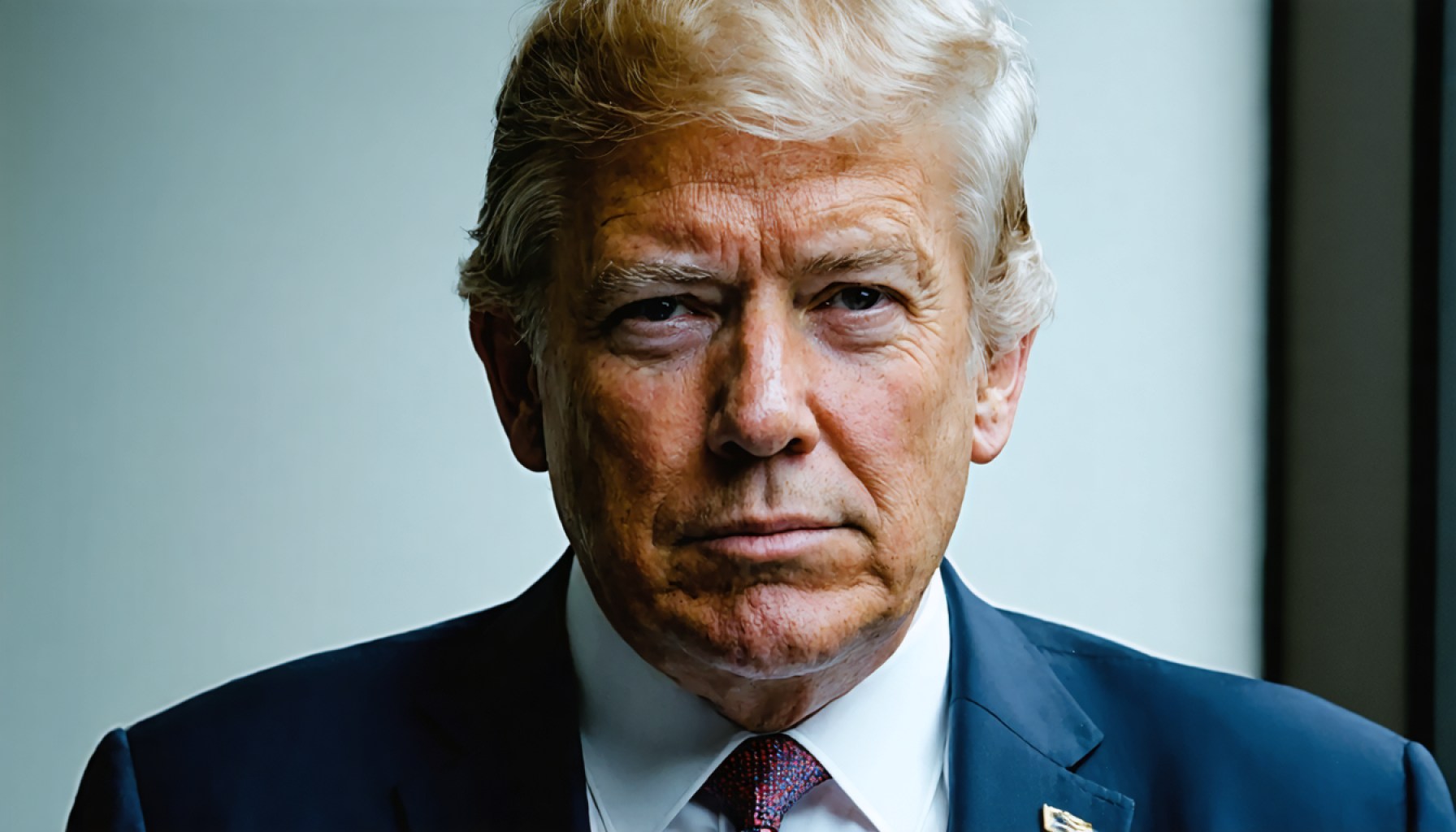- Howard Lutnick confirmed as new commerce secretary with a narrow Senate vote of 51 to 45.
- Lutnick aims to reshape international trade dynamics, emphasizing tariffs to protect American industries.
- Plans to boost domestic growth through lower corporate taxes and increased energy production.
- Adopts a firm stance on technology export controls to safeguard U.S. innovation, particularly from China.
- Collaborates with the U.S. Trade Representative to strategically redefine trade policy.
- Lutnick’s leadership marks a bold shift towards protectionism and precise economic strategies.
A curious quiet enveloped the Senate chamber as the gavel struck, confirming Howard Lutnick as the new commerce secretary. With a narrow vote of 51 to 45, Lutnick, known for steering the ship at Cantor Fitzgerald, entered the stage with a firm resolve to tackle the world’s economic tides.
Lutnick emerges not merely as an economic steward, but as a storm-bringer, poised to shake up international trade dynamics. His voice, resonant with authority, shows no hesitation as he supports tariffs, a weapon wielded to shield American industries from the relentless battering of global competition. A firm advocate for nurturing domestic growth, he beckons a vision of lower corporate taxes and a vibrant surge in energy production.
As the helm of U.S. business interests, Lutnick finds himself amid a delicate dance with international powers, particularly the dragon across the Pacific. China, with its tech-savvy tendrils, becomes the focal point of Lutnick’s hard-nosed stance on technology exports. He sees the export controls not just as regulations, but as a shield and sword to defend U.S. innovation from slipping into the hands of foreign companies like DeepSeek, which had recently leveraged American technology to propel its AI advancements.
Amid the backdrop of tumultuous trade negotiations, Lutnick’s role transcends mere oversight. He embodies a strategic force, poised to align with the Office of the United States Trade Representative and redefine trade policy with unwavering resolve.
The takeaway? Lutnick’s entrance signals a daring new era where protectionism is crafted as an art, and economic borders are drawn with precision and boldness.
What Howard Lutnick’s Confirmation as Commerce Secretary Means for Global Trade and U.S. Economic Strategy
Who is Howard Lutnick?
Before delving into what Howard Lutnick’s appointment as the Commerce Secretary could mean for global trade and U.S. economic strategy, it’s important to understand his background. Lutnick, the CEO of Cantor Fitzgerald, brings a wealth of experience in financial services. Known for his strategic acumen, he has piloted the company through numerous challenges, and his approach in the new role is likely to be driven by similar ambition and tenacity.
How-To Steps & Life Hacks: Navigating Changes in Trade Policy
1. Stay Informed: Keep abreast of changes in trade policies, especially those concerning tariffs and export controls.
2. Adjust Business Strategies: Companies may need to reassess their supply chains and consider reshoring manufacturing to benefit from potential lower corporate taxes.
3. Engage with Policy Change: Businesses should engage with policymakers through industry groups to advocate for favorable conditions.
Real-World Use Cases
– Exporters and Importers: Businesses reliant on international trade should prepare for tighter regulations on certain technology exports, particularly to China.
– Energy Sector: With a push for increased energy production, both renewable and fossil fuel companies might find new growth opportunities.
Market Forecasts & Industry Trends
The appointment of Lutnick signifies a trend towards protectionism. As such, industries that cater to domestic markets may see improved support and growth potential. Conversely, sectors deeply entwined with global supply chains, especially tech exports, might face uncertainties.
Reviews & Comparisons
Howard Lutnick’s approach contrasts with his predecessors, primarily through a heightened focus on tariffs and export controls. His strategies might be compared to figures such as Peter Navarro, known for advocating protectionist policies.
Controversies & Limitations
Lutnick’s stances could lead to tension with trading partners, primarily China. Critics argue that while tariffs can protect industries short-term, they risk long-term retaliations and trade wars.
Features, Specs & Pricing
– Tariffs: Expect adjustments in tariff rates that could affect pricing for international goods.
– Corporate Taxes: Lower corporate taxes could be on the horizon, potentially influencing investment decisions.
Security & Sustainability
Lutnick’s policies are likely to focus on national security, especially regarding technology exports. However, environmental sustainability might take a backseat if energy production increases favor fossil fuels.
Insights & Predictions
Experts predict an initial period of adjustment marked by fluctuations in international relations and market dynamics. Long-term stability will depend on how these policies play out in action.
Tutorials & Compatibility
To better cope with changes:
– Tutorials on Compliance: Online courses on tariff regulations and compliance can be invaluable.
– Invest in Compatible Technologies: Ensure that technology infrastructures are adaptable to new regulatory environments.
Pros & Cons Overview
Pros:
– Potential economic growth through lower corporate taxes.
– Enhanced protection for certain U.S. industries.
Cons:
– Potential trade tensions with international partners.
– Uncertainty in tech sectors regarding export controls.
Actionable Recommendations
1. Diversify: Companies should diversify supply chains and markets to mitigate tariff impacts.
2. Consult Experts: Businesses should engage with trade experts to align their strategies with new policies.
3. Advocacy: Join industry groups to have a voice in upcoming policy discussions.
For further insights, visit the U.S. Department of Commerce website for updates on trade policies and more.
